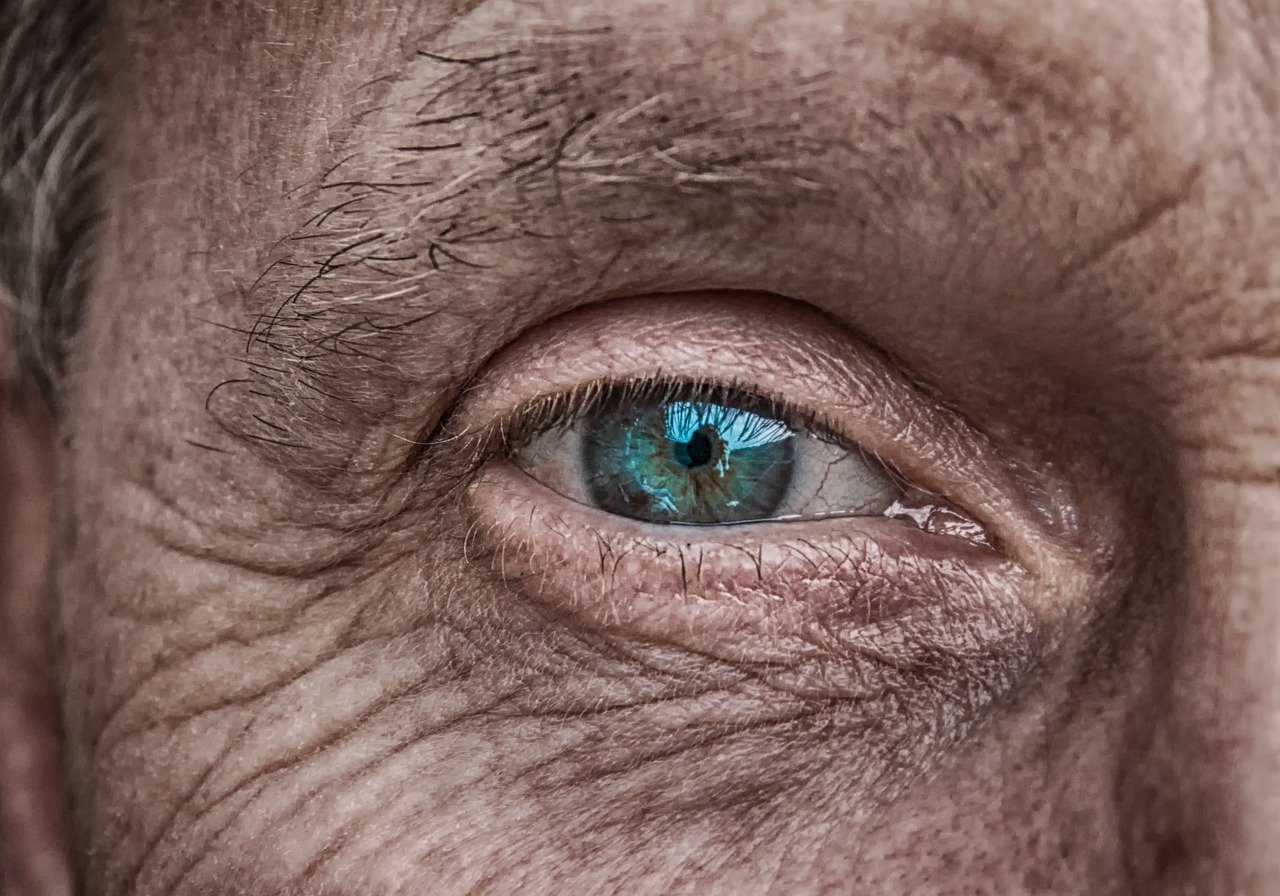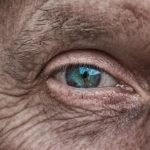Macular degeneration is the leading cause of vision loss in older people. Although sufferers will usually retain some useful peripheral vision, age-related macular degeneration can make it progressively more difficult to drive, read, and even recognize faces. Color vision may also be affected. While macular degeneration is not curable at present, some effective treatments can slow the progress of the condition and even restore some of the lost vision.
What is macular degeneration?
Macular degeneration is a form of vision loss that affects the macula, the central part of the retina. The macula is responsible for the center of your visual field, where most fine detail and essential visual information is located.
Macular degeneration symptoms
The most apparent symptom of macular degeneration is a loss of detail and color in the center of the patient’s vision. Objects in the center of the visual field may appear blurred and grayish. If the condition is not treated, the macula will continue to degenerate, and the vision loss will worsen. In severe cases, patients may lose vision entirely in the center of the visual field.
The patient’s peripheral vision may be left unaffected, but this does not provide much in the way of detail. In the end, patients will be unable to recognize their family’s faces, read even the largest print or discern colors.
Macular degeneration causes
There are two types of macular degeneration, wet and dry. Wet macular degeneration involves the abnormal growth of blood vessels in the macula. Dry macular degeneration is more common, although fortunately, it usually results in less severe vision loss. Dry macular degeneration results from pigment being deposited on the macula, from the thinning and aging of the tissues, or from a combination of these factors.
Macular degeneration risk factors
Risk factors for macular degeneration include age, certain lifestyle factors, and genetic factors. The risk of developing macular degeneration is much higher in those aged 55 and older and increases over time. Smokers and those who spend a lot of time outdoors in strong sunlight are also more likely to develop macular degeneration. People with blue or light-colored eyes are more likely to develop macular degeneration. It is generally theorized that this is due to the lack of protective melanin in the iris and consequent additional exposure of the retina to harmful frequencies of light.
Macular degeneration treatment
Treatments for macular degeneration are primarily palliative. The condition can’t be reversed completely, but some vision may be restored in certain cases.
The FDA has not approved any treatments for dry macular degeneration. In some people, wet macular degeneration may improve through the use of nutritional supplements. In general, the treatment of macular degeneration relies on lifestyle changes: taking exercise, giving up tobacco, eating a healthy diet, and avoiding further sun damage may help slow the progress of the condition.
Macular degeneration testing
It’s best if macular degeneration is caught early before any vision loss occurs. Eye examinations for over-55s should include a macular degeneration check in order to forestall or at least slow the development of vision loss. Examinations may look for abnormal pigment changes in the retina.
Even when vision loss has started to occur, the patient might not notice that anything is wrong. Eye exams should include tests that look for the types of early vision loss found in macular degeneration. A standard macular degeneration test is the Amsler grid. This is a pattern of fine lines with a dark dot in the center. In people with macular degeneration, the lines may appear wavy or faint, and the dot may disappear entirely. Macular degeneration can dramatically affect a sufferer’s quality of life. People with the most severe forms of the condition may be considered legally blind. It’s imperative to keep having regular eye health checks once you’re over 50, to spot the symptoms early and take action to conserve your vision.
Tap for recommended posts on the tags you don’t follow






